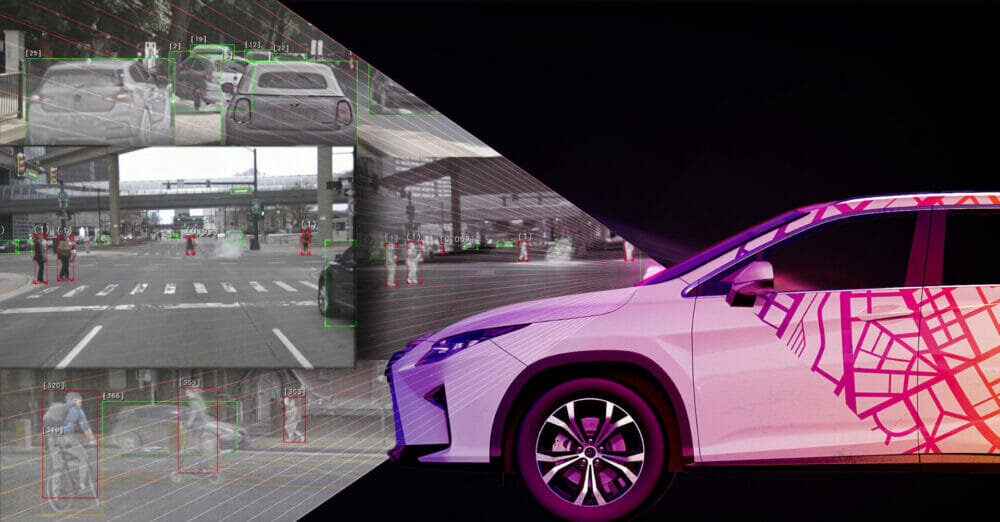Trained and validated on more than 2.3M multi-spectrum annotations, the new compact PrismTM AI model improves inference performance for perception development.
Teledyne FLIR, part of Teledyne Technologies Incorporated, today announced a new Prism AI release featuring a compact AI model for simplified deployment on embedded systems. The new release further enables perception engineers to quickly integrate thermal cameras for advanced driver assistance systems (ADAS) and autonomous vehicle (AV) systems, improving object tracking performance by up to 24 percent compared to the previous Prism AI release.
“The improved Prism AI software model enables embedded system testing and development, empowering perception engineers to create more effective systems easier than ever before with thermal capabilities,” said Michael Walters, vice president of product management, Teledyne FLIR. “As the Teledyne FLIR AI ecosystem and tools continue to expand, we can offer integrators an unparalleled route to quickly test and decrease development costs for life-saving thermal-enabled ADAS or AV.”
Built for automotive perception system developers, Prism AI is a collaborative ecosystem providing seven object detection classes, visible-and-thermal image fusion, advanced thermal image processing capabilities, new shadow mode recording capabilities, batch data ingestion, and more. Together these features simplify the integration of automotive thermal sensors that provide superior pedestrian, animal, and vehicle detection, especially at night and in poor visibility.

Developers may use Prism AI as the primary perception software or as reference software during in-house development. A suite of Prism AI tools provides simplified data integration with Teledyne FLIR Conservator™ data lifecycle management software as well as the industry’s largest thermal-and-visible training dataset. Prism AI also includes production-required features including authentication between the thermal camera and the electronic control unit, further simplifying development. With expert support from the Teledyne FLIR technical services team, perception engineers from academia to automotive OEMs now have a complete ecosystem to build thermal-enabled ADAS and AV systems.

Improving vehicle perception in all types of conditions is critical to reducing the record number of pedestrian fatalities. In the United States, preliminary data from the Governors Highway Safety Association estimated a 17 percent increase in pedestrian fatalities in the first half of 2021 compared to the previous year and a 46 percent jump from 2011. Thermal-enhanced ADAS and AV systems can play a crucial role in driving down the unacceptable number of pedestrian traffic fatalities and will aid automotive OEMs to meet upcoming regulatory testing procedures that include nighttime pedestrian front crash prevention.
The Teledyne FLIR Prism AI software is available for purchase globally from Teledyne FLIR. To learn more visit https://www.flir.com/prism.








